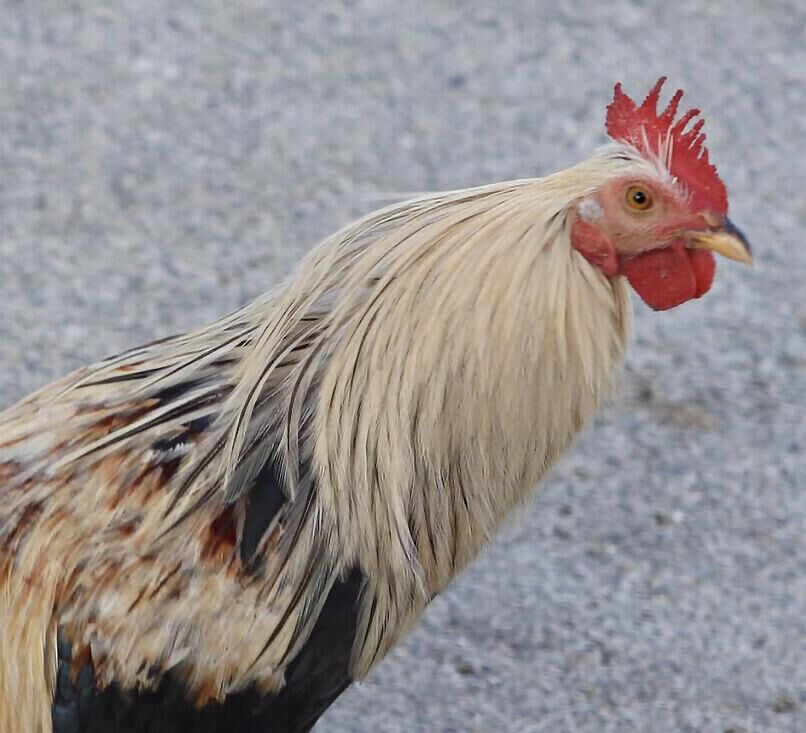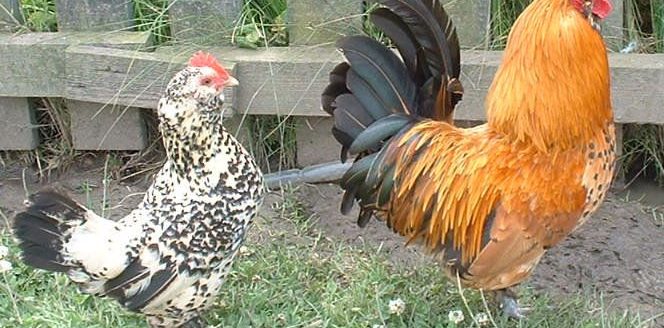Commercial, backyard poultry keepers urged to review biosecurity in light of potent avian flu strain

Arkansas poultry growers, both commercial and backyard hobby flocks, are being asked to review appropriate biosecurity protocols in light of an avian influenza strain being found in birds east of the Mississippi.
“Routine surveillance conducted by APHIS Wildlife Services has detected the highly pathogenic avian influenza Eurasian H5N1 in wild birds in New Hampshire, Delaware, North Carolina, South Carolina, Virginia, Florida, and Maryland,” said Dustan Clark, extension poultry veterinarian for the University of Arkansas System Division of Agriculture.
APHIS, or Animal and Plant Health Inspection Service, is part of the U.S. Department of Agriculture.
Clark said the flu strain was detected in an Indiana turkey flock, a Virginia backyard flock of mixed species and in commercial broilers in Fulton County, Kentucky.
The Fulton County, Kentucky, flock is of concern because of its relative closeness to Arkansas.
“This is serious stuff,” said Vic Ford, head of agriculture and natural resources for the Cooperative Extension Service. “Fulton County, Kentucky, is too close for comfort. We are looking at this as an opportunity for all our poultry growers to strengthen security around their flocks.”
“It is extremely important that anyone involved with poultry production should review their premise biosecurity procedures and protocols,” Clark said. This should be done by small backyard hobby flock owners and growers of commercial poultry to protect the health of their birds. Commercial poultry growers should follow company biosecurity guidelines and work closely with their flock supervisors.”
Signs of illness
Clark said most poultry growers look at their birds more than once daily and should be able to spot changes in behavior. Some of the first signs of illness include:
• A drop or stopping of egg production;
• Lack of appetite;
• Sneezing, gasping;
• Diarrhea;
• Drop in water consumption;
• Discharges from the eye or nostril;
• Ruffled feathers, huddling; and
• A bird keeping to itself.
Preventive measures
Sign up for HPJ Insights
Our weekly newsletter delivers the latest news straight to your inbox including breaking news, our exclusive columns and much more.
Owners of small poultry flocks should follow these basic measures to help prevent flock infection, including:
• Examining new birds closely;
• Examine birds returning from poultry shows;
• Clean and disinfect poultry facilities;
• Practice good vermin control to prevent rodents from transmitting diseases;
• Restrict visitors from your flock; and
• Report anything unusual or “just not right” in your flock to your veterinarian, county extension agent, extension poultry veterinarian, state veterinarian or USDA hotline.



